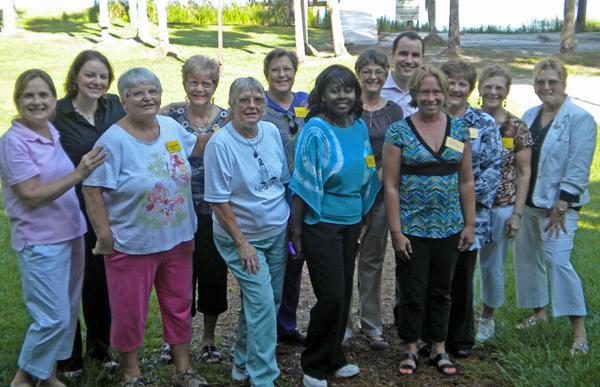While the Labor Day holiday is meant to give us time to reflect on the victories in human progress that were hard-fought by the Union movement, it is also a great time to check in on the “excluded workers” movement — workers who, because of policy or practice, fall outside the traditional labor protections offered to other workers in the US.
On August 29th, domestic workers all over the US celebrated the California Assembly’s passage of AB889, the Domestic Workers Bill of Rights. A coalition of domestic workers, employers, and allies have come together in an unprecedented way to organize fellow Californians in support. Even actress and comedian Amy Poehler produced a PSA urging action. The bill is now awaiting signature by Governor Jerry Brown, and organizers are hopeful that he will act quickly, allowing California to become the second state to pass legislation that specifically addresses the needs of domestic workers who are largely excluded from protection under current labor laws.

Direct care workers in Florida are using their stories to fight their exclusion from the Fair Labor Standards Act. Photo by Direct Care Alliance.
With baby boomers turning 65 (one every eight seconds) and advances in medicine and public policy allowing people with disabilities to live in their homes and communities instead of institutions, the need for direct care workers and attendants is expected to grow. Yet because the job quality is so low (nearly half of direct care workers rely on public assistance to make ends meet), turnover is high and there may not be enough trained, dedicated workers to provide the kind of quality care that our families will need. Closing this loophole is one of the first steps we can take as a country to ensure that this workforce is ready for the change in demographics that has already begun. On September 21st, the Direct Care Alliance is putting together a day of action for direct care workers, you can learn more about it at www.directcarealliance.org.
Here in DC, after news broke that a group of students on J-1 “summer work travel” visas had been exploited at a Hershey Company packing plant in Pennsylvania, the National Guestworker Alliance successfully pushed for changes in the State Department-monitored visa program to reduce participants’ vulnerability to abuse. Earlier this summer NGA joined forces with other worker and immigrant advocacy groups, including my project at the Institute for Policy Studies, to examine the full range of temporary work visa programs and recommend changes in policy that could help prevent human trafficking and exploitation. Another organization in this new coalition, the Global Worker Justice Alliance, released a report in May called Visas, Inc., which digs deeply into the world of foreign temporary work visas: in particular how unscrupulous corporations have found ways to exploit the regulatory weaknesses in these programs to undermine US workers’ employment, and exploit foreign guestworkers for profit.
The traditional labor union movement brought enormous gains in working conditions for our country, and led the way for other civil rights breakthroughs throughout history, but it is important to remember how far we still have to go. Not only are these gains being threatened every day, there are still workers who remain excluded from even the most basic protections like minimum wage and health and safety regulations, and workers who are tricked into exploitative visa programs rigged by corporate interests. But there is hope: workers have earned many victories over the past century, and with more people joining us in organizing and advocacy for excluded workers, next Labor Day I am sure we will have even more to celebrate.
